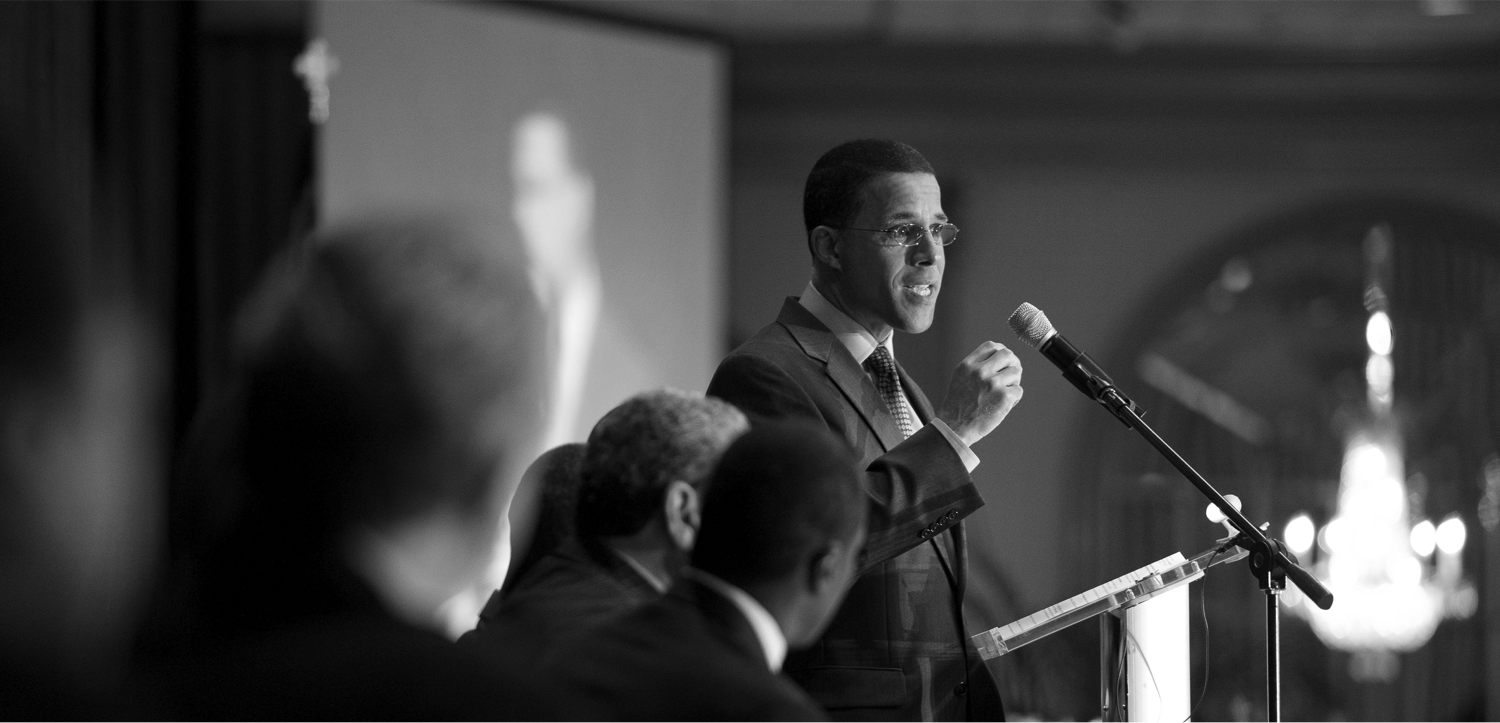
16 de Diciembre de 2025
Explora Artículos It’s Harder to Be a Leader Today
febrero 1, 2017 9 min
Disruption makes many business leaders feel as if they were rolling downhill while pursuing a cheese escaping down a slippery slope.


The Cheese-Rolling and Wake is a race that is held every last Monday of May at Cooper’s Hill, near Gloucester, UK. The competition consists of dropping a 9-pound wheel-shaped cheese (a double Gloucester one, of course) and letting it roll from the top of a hill. All participants run after it. As the slope is steep and the cheese reaches speeds above 100 km/h, nobody gets it, so the winner is the person who arrives first to the foot of the hill, not the one who catches the cheese. In addition, as the slope is covered with tall wet grass (let’s not forget we are in England), it is extremely slippery. In consequence, most runners end up losing balance and falling, and injuries are frequent…
I find it a great metaphor for how many business leaders feel today: as if they were rolling downhill while pursuing a cheese escaping down a slippery slope…
This idea of the “slippery slope” is also relevant due to the meaning this expression is given in the field of logic and critical thinking. Making an analogy with the effects of gravity and inertia on a falling object on a sliding plane, in these disciplines “slippery slope” refers to a logical argument (fallacious or not), according to which a relatively small initial event in one direction, generally negative, starts an accelerated movement in that same direction from which diversion, much less reversal, is difficult or impossible. A dynamic that may sound familiar to many (perhaps too many) individuals, companies, and even entire industries that find themselves losing control as a consequence of one of the many disruptive events that characterise today’s world.
Zygmunt Bauman masterfully describes this feeling in his book Liquid Times. A feeling that, by the way, is not exclusive of business leaders:
“The ground on which our life prospects are presumed to rest is admittedly shaky -as are our jobs and the companies that offer them, our partners and networks of friends, the standing we enjoy in wider society, and the self-esteem and self-confidence that come with it. ‘Progress’, once the most extreme manifestation of radical optimism and a promise of universally shared and lasting happiness, has moved all the way to the opposite, dystopian and fatalistic pole of anticipation: it now stands for the threat of a relentless and inescapable change that instead of auguring peace and respite portends nothing but continuous crisis and strain and forbids a moment of rest. Progress has turned into a sort of endless and uninterrupted game of musical chairs in which a moment of inattention results in irreversible defeat and irrevocable exclusion. Instead of great expectations and sweet dreams, ‘progress’ evokes an insomnia full of nightmares of ‘being left behind’ -of missing the train, or falling out of the window of a fast accelerated vehicle.”
And what about the cheese?
Probably, many of you remember Spencer Johnson’s “Who Moved My Cheese?” This book was written in 1998. It is a fable that speaks of human reactions to change. Through the behaviours of four characters (2 mice and 2 little men) as they seek “The Cheese” in a maze Johnson confronts us with the different attitudes we can take when things change. We can keep doing the same, complain, blame someone for our misfortunes or, conversely, question our beliefs, leave behind our fears, and dare to explore new possibilities.
In summary, we can a) ask again and again who has “taken our cheese”, and kick and shout expecting someone will bring it back to us, or b) “smell the cheese often so we know when it’s getting old”, and go in search of “new cheese”. The decision is in our hands.
A simple yet powerful idea that, unfortunately, seems have not permeated many of the thousands of business leaders who read the book during the five consecutive years it was in the New York Times list of business bestsellers
Photo by Jay Baker under a creative commons license.
__________
¿Te ha gustado?
¿Ya eres usuario? Inicia sesión aquí